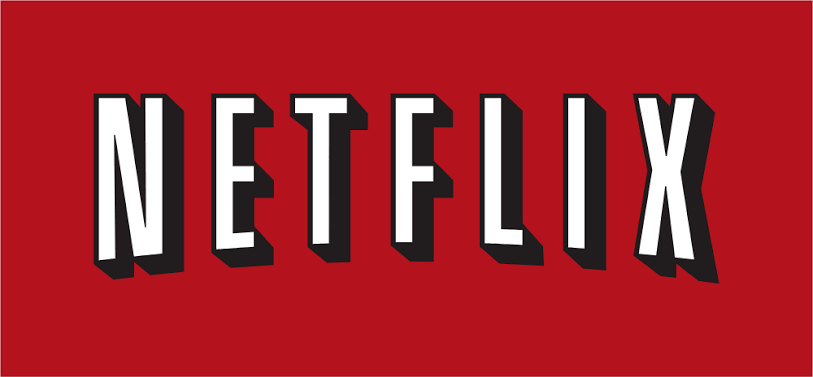Rules. Most employees hate them. And I bet right now you could name a bunch of stupid rules you’ve encountered in your workplace.
But companies need rules to ensure quality and performance, right?
Not according to Netflix.
In his new book, Great Leaders Have No Rules, best-selling author Kevin Kruse cites Netflix for its remarkable success over the past two decades.
Usually, as companies grow, they need rules to protect quality and consistency. But while Netflix has managed to change its business model multiple times (from a DVD delivery company to a streaming company to a content creation company), it has maintained a fiercely loyal customer base by doing the opposite:
Netflix avoids rules like the plague.
Back in 2009, Netflix released its now-famous culture deck, which has now been viewed millions of times. In it, company leaders acknowledged the traditional logic for rules and the short-term benefits they bring. But it goes on to show how, over time, a culture that is obsessed with rules and processes drives out high-performing employees.
“When the market shifts quickly due to new technology, competitors, or business models, rule-driven companies can’t keep up and lose customers to competitors who adapt,” writes Kruse. “In such an environment, slow-moving, rule-oriented companies grind ‘painfully into irrelevance.'”
In contrast, Kruse explains, Netflix asserts that a business should focus specifically on two things:
1. Invest in hiring high-performance employees.
2. Build and maintain a culture that rewards high performers and weeds out continuous, unimproved low performers.
The result?
“Netflix leaders believe that responsible people–the people every company wants to hire–are not only worthy of freedom, they thrive on it,” Kruse continues. “Creating an environment where these individuals are not inhibited by myriad rules allows them to become the best version of themselves.”
In other words, instead of stifling their employees, Netflix uses emotional intelligence to inspire them.
Here are some examples of what this looks like at Netflix:
Unlimited vacation. Instead of formally tracking vacation days, Netflix allows salaried employees to take as much vacation time as they want, as long as it meets certain guidelines. (Accounting and finance workers are asked to be in the office during the beginning or end of a quarter, for example.)
With this policy, the company focuses on work, not hours.
No formal travel and expense policy. Rather than submit reports detailing money spent on mileage, meals, hotel rooms, and office supplies, employees are expected to spend money as if it’s their own–and look for opportunities to save when possible.
In fact, the company’s expense policy is five words long: “Act in Netflix’s best interests.”
In the end, it comes down to hiring adults–then requiring adultlike behavior.
“Most companies spend endless time and money writing and enforcing HR policies to deal with problems the other 3 percent might cause,” former Netflix chief talent officer Patty McCord wrote in a piece for Harvard Business Review. “Instead, we tried really hard to not hire those people, and we let them go if it turned out we’d made a hiring mistake.”
By empowering its people, Netflix has managed to continue innovating and increasing its market share–while growing to thousands of employees and generating billions of dollars a year in revenue (from over a hundred million subscribers).
Get rid of the rules
Kruse reminds readers that rules are just another way to micromanage. They disempower workers and stifle innovation, creativity, and smart risk-taking. They reduce morale and motivation.
In contrast, the ultimate goal should be that your people make good decisions. “To accomplish that,” writes Kruse, “they must feel ownership of and accountability for those decisions.”
So, if you want your people to develop, to be accountable and own their decisions, and to feel empowered at work, throw the rulebook out the window.
Instead, follow the Netflix model:
Focus on hiring the best. Set guidelines, not rules. Reward great performance.
Do this right, and you’re no longer managing your people.
You’re inspiring them.
Enjoy this post? Check out my book, EQ Applied, which uses fascinating research and compelling stories to illustrate what emotional intelligence looks like in everyday life.
A version of this article originally appeared on Inc.com.


